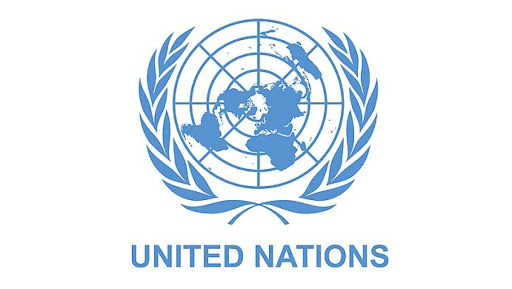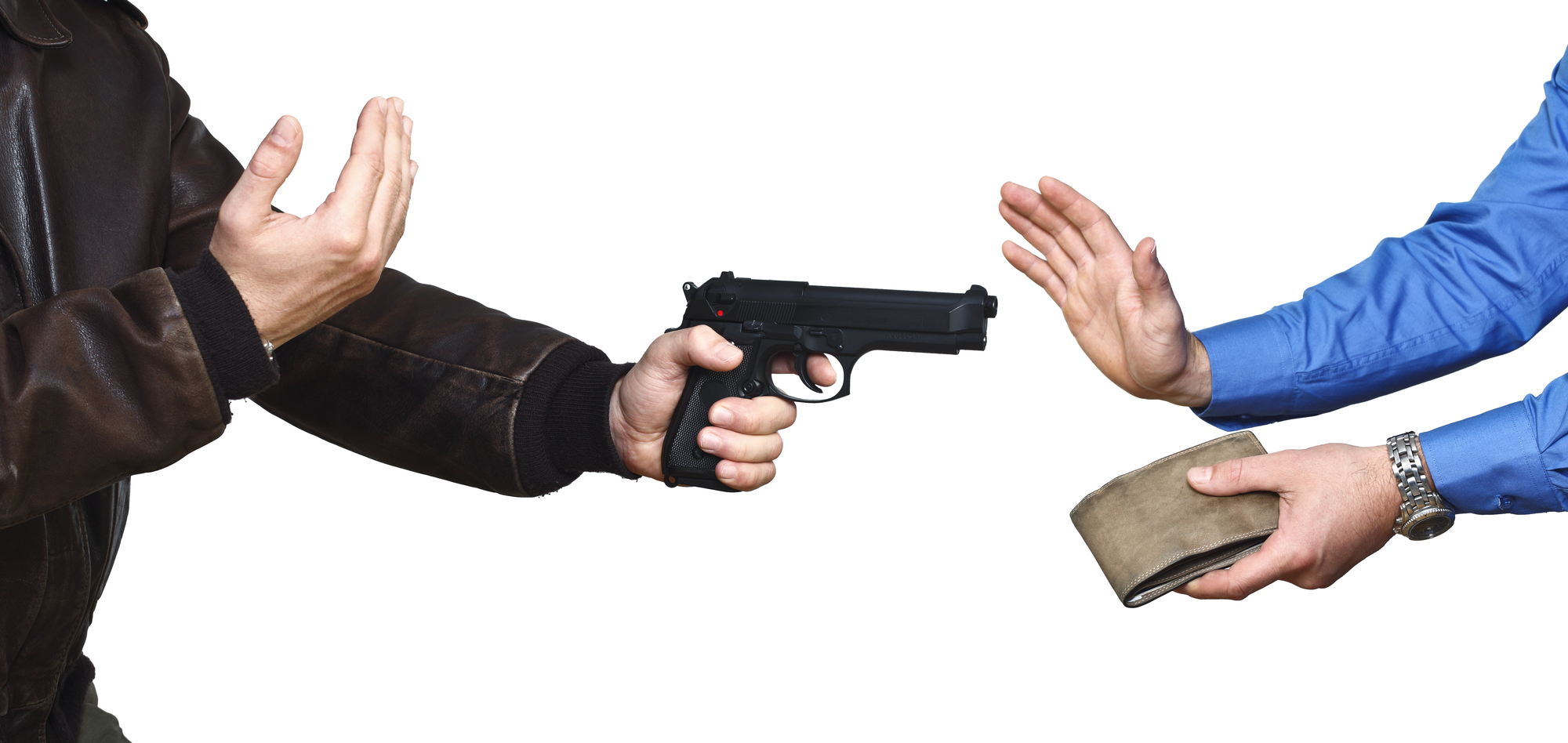NEW DELHI: Tahawwur Rana, 64, a key conspirator in the 26/11 Mumbai terror attacks, is currently being held under suicide watch in a high-security cell at the National Investigation Agency (NIA) headquarters in New Delhi. His 18-day custody was granted to the agency by a special court following his extradition from the United States.
Rana, a Pakistani-Canadian national, arrived in India on Thursday evening. He is being monitored round-the-clock through both human surveillance and CCTV. Security at the NIA facility on Lodhi Road has been significantly intensified. According to sources, Rana is confined to a 14x14-foot cell on the ground floor and is only permitted to use a soft-tip pen, minimizing the risk of self-harm.
The NIA has begun interrogating Rana to uncover the broader conspiracy behind the 2008 attacks. Investigators are focusing on his links to Pakistan’s ISI and his possible coordination with sleeper cells in India—particularly those tied to his associate, David Coleman Headley (also known as Daood Gilani). Headley is believed to have helped establish sleeper cells in locations including Pushkar, Goa, and Delhi.
Meanwhile, Rana’s extradition has sparked a political row. The Congress party accused the Modi government of falsely claiming credit for the development. In a statement, former Union Minister P. Chidambaram asserted that the extradition was the outcome of longstanding efforts initiated under the UPA regime.
"While the Modi government rushes to claim credit, the truth is very different," Chidambaram said. "This extradition is not the result of any grandstanding—it is a testament to what the Indian state can achieve through consistent diplomacy, sincere law enforcement, and international cooperation."
Chidambaram pointed out that the groundwork began on November 11, 2009, when the NIA registered a case in Delhi against David Headley, Rana, and others involved in the Mumbai attack conspiracy. He noted that even Canada’s foreign minister had acknowledged cooperation with Indian authorities, crediting the UPA’s foreign policy.
He further recalled that in 2012, then External Affairs Minister Salman Khurshid and Foreign Secretary Ranjan Mathai had raised the issue of Headley’s and Rana’s extradition with U.S. Secretary of State Hillary Clinton and Undersecretary Wendy Sherman. Chidambaram called it a "textbook example of international justice pursued through diplomacy."
Despite the change in government in 2014, he emphasized, it was the institutional momentum created earlier that sustained the case. Chidambaram also criticized Prime Minister Modi and U.S. President Trump for attempting to claim credit during their February 2025 interactions, arguing that the development was built on years of UPA-era diplomatic groundwork.




